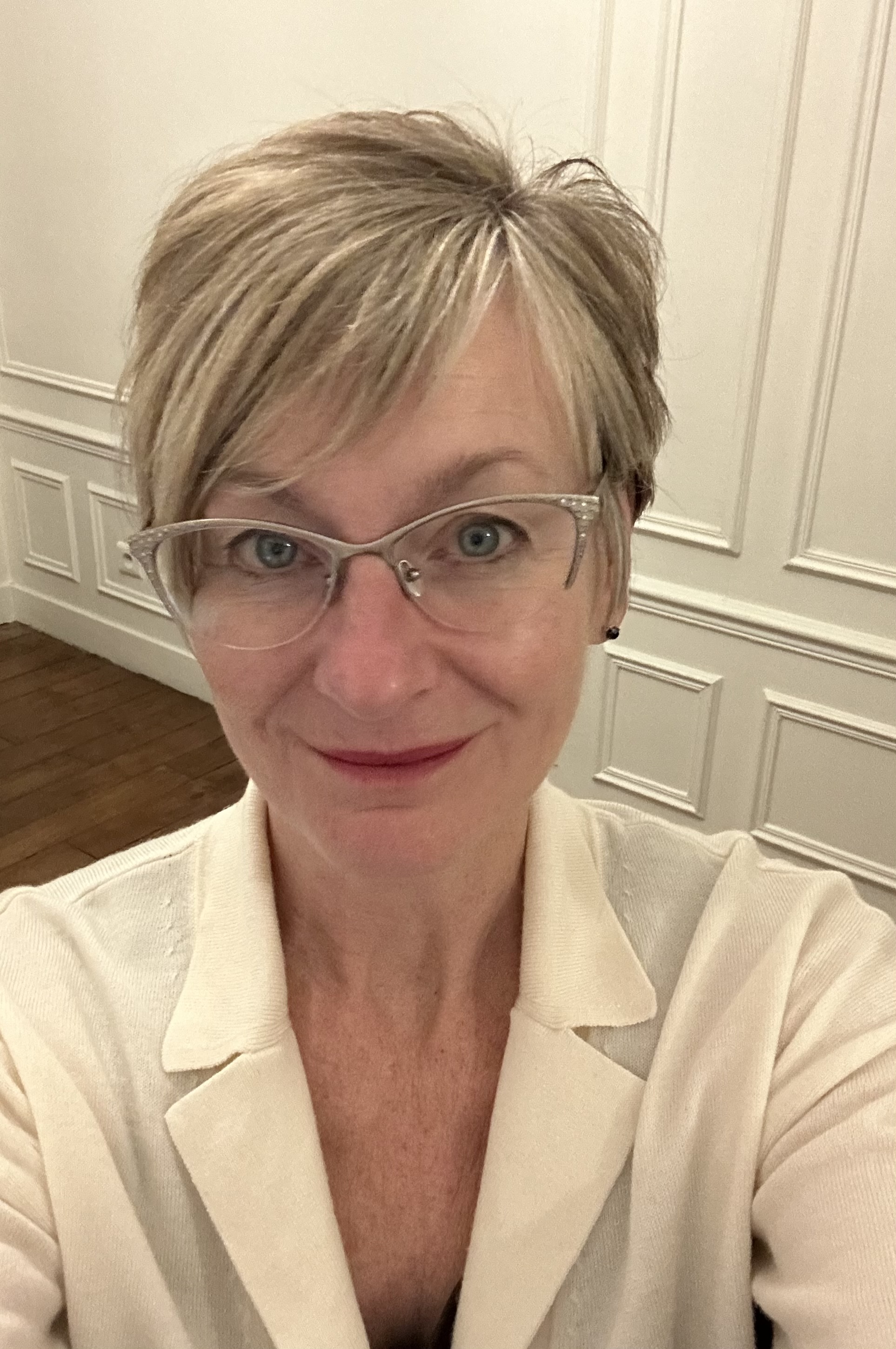
I became a specialist of the Middle Ages by accident. As I diehard "presentist" in graduate school who was only interested in the now, I was required to take a premodern course. What I discovered in that seminar overturned my worldview. Instead of finding a foreign world, I read the words of a fifteenth-century woman struggling to find her place as a writer and, strangely, I felt heard. Over the years, I have come to appreciate both how foreign the medieval past and yet how that distance allows me to see my world in new ways. My most recent book focused on recovering the life and legacy of Joan of Arc and it has presented a very different experience from my earlier work on how accomplished medieval authors dealt with their readers and patrons. Turning to a nineteen-year-old who is now typically celebrated as a hero but who was originally executed for her political and religious beliefs forced me to think about the ethical weight of representing past lives. My engagements class gives me an opportunity to explore with students some of the ethical questions that not only must inform our relationship to the past but that make clear the urgency of attending to the past.
